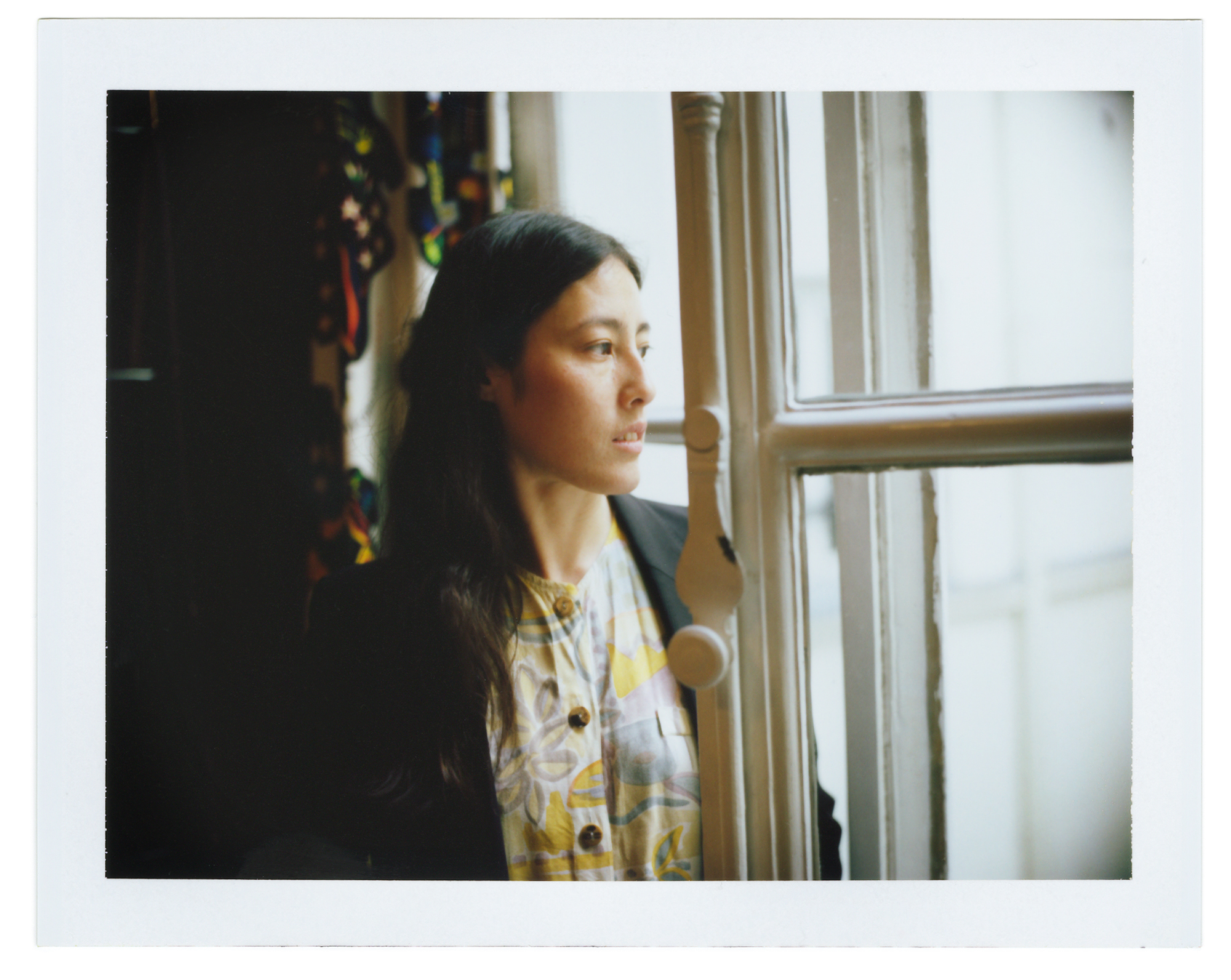Purple Magazine
— F/W 2016 issue 26
Koumiko by Anna Dubosc
interview by OLIVIER ZAHM
 The author Anna Dubosc, Paris, 2016. Photo by Olivier Zahm
The author Anna Dubosc, Paris, 2016. Photo by Olivier Zahm
OLIVIER ZAHM — Your mother, Koumiko [muraoka], was born in manchuria and lived there to the age of 10, until the Japanese surrender in 1945. Did she speak of it of- ten when you were a child?
ANNA DUBOSC — Yes, she spoke of manchuria all the time and was nostalgic for that land all her life. She would never read us stories at bedtime. Instead, she would recount memories of her childhood in manchuria. They were marvelous stories, filled with all the things that made her writing so beautiful, a mixture of tenderness and cruelty.
OLIVIER ZAHM — Would you say that she lived her en- tire life in an elsewhere?
ANNA DUBOSC — No. Despite her nostalgia for manchuria, which was omnipresent, I wouldn’t say she…